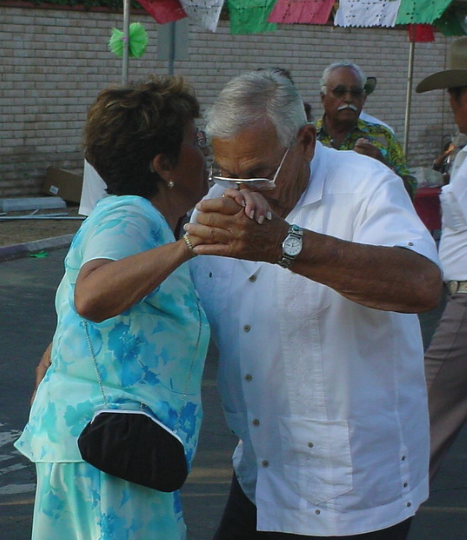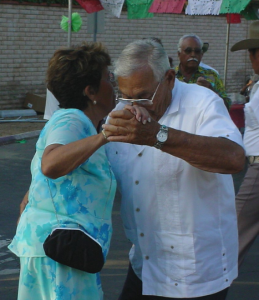Health Study: Latinos in U.S. Regardless of Ailment Live Longer

Confirming the existence of the Hispanic Mortality Paradox, a new analysis of health studies, led by a University of North Texas psychologist shows that the Hispanic-American participants’ survival rates from heart disease and other medical conditions were substantially higher than that of the non-Hispanic white and African-American participants.
John Ruiz, assistant professor of psychology, said the existence of the paradox—the finding that Hispanic Americans tend to have health outcomes that are equal or better than those of white Americans, even though Hispanics’ socioeconomic status is, on the average, lower and so associated with worse health—has long been debated.
 The participants were followed for the studies for as long as 33 years, but the average time was 6.9 years.
The participants were followed for the studies for as long as 33 years, but the average time was 6.9 years.
Analysis showed that the Hispanic-American participants in the studies tracking heart disease patients were 25 percent more likely to be living at the conclusion of the studies than the participants in the other groups, while Hispanic-American participants with no health conditions at the start of the studies were 30 percent more likely to be living.
The researchers combined study participants with diabetes, kidney disease, stroke and other health conditions except for HIV/AIDS and cancer into one category. Hispanic-Americans with those health conditions were 16 percent more likely to be living at the end of the studies than those in other races. In addition, Hispanic-Americans with HIV/AIDS and cancer faced the same mortality risk from these diseases as those in the other two ethnic groups, Ruiz said.
Overall, the Hispanic participants in all of the studies had a 17.5 percent lower mortality rate as compared their non-Hispanic white and African-American counterparts, regardless of age, Ruiz concluded.
Ruiz said cultural differences could play a role in explaining the Hispanic Mortality Paradox.
“Hispanics are very social, and family support is important to them. They also respect their elders and include them in family dynamics. And social support has been shown to contribute to better health,” he said. “Social behaviors and cultural values may buffer against the stress of economic and environmental disadvantages in regard to health.” In addition, Hispanic-Americans may experience “resilience at several points in the course of disease,” Ruiz said.
This article was first published in Hispanically Speaking News.
[Photo by Mexican American Opportunity Foundation]

